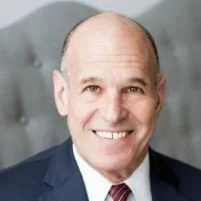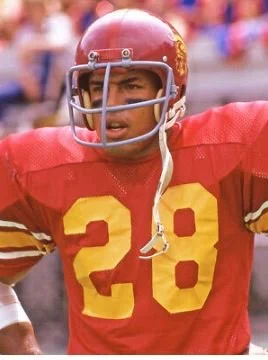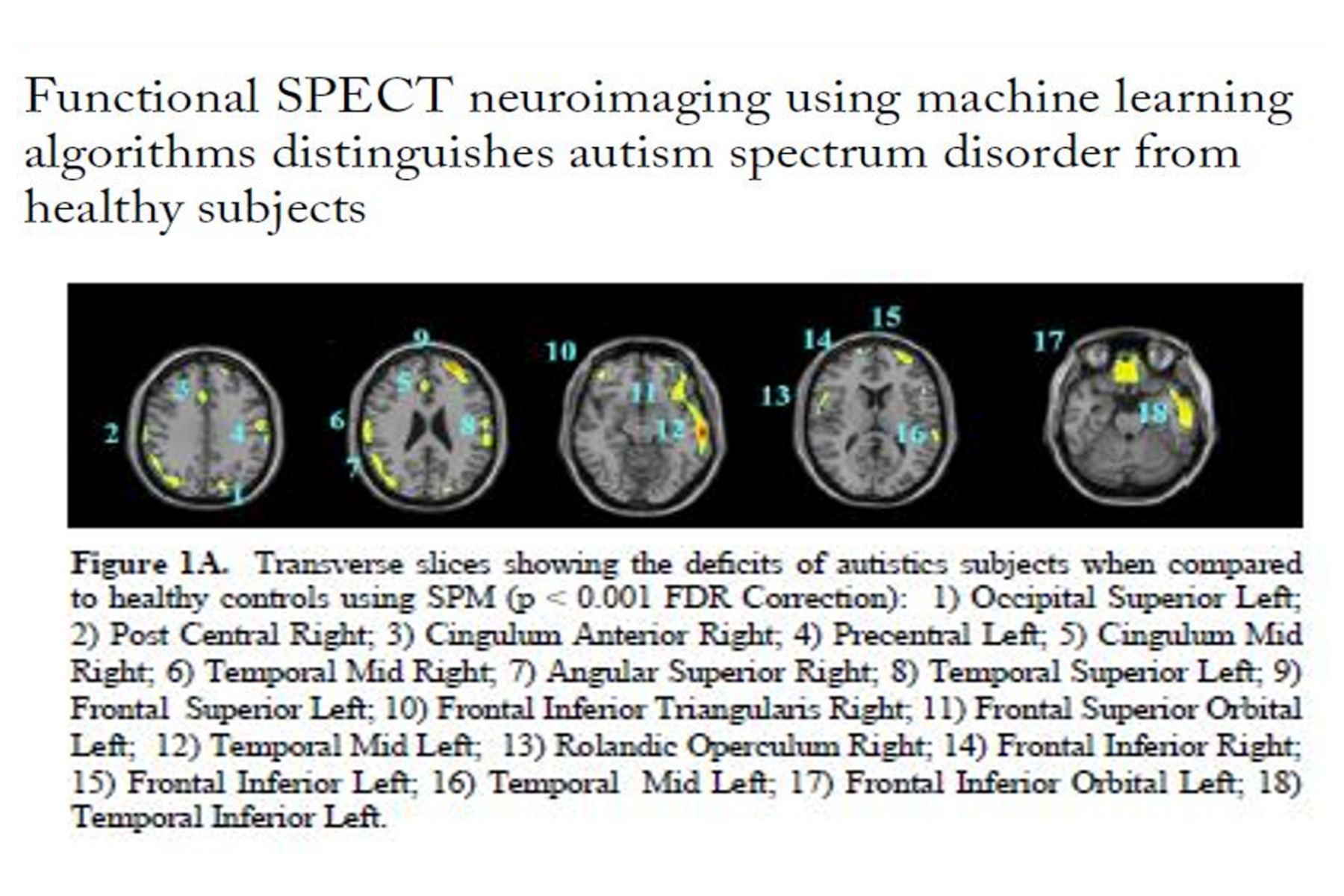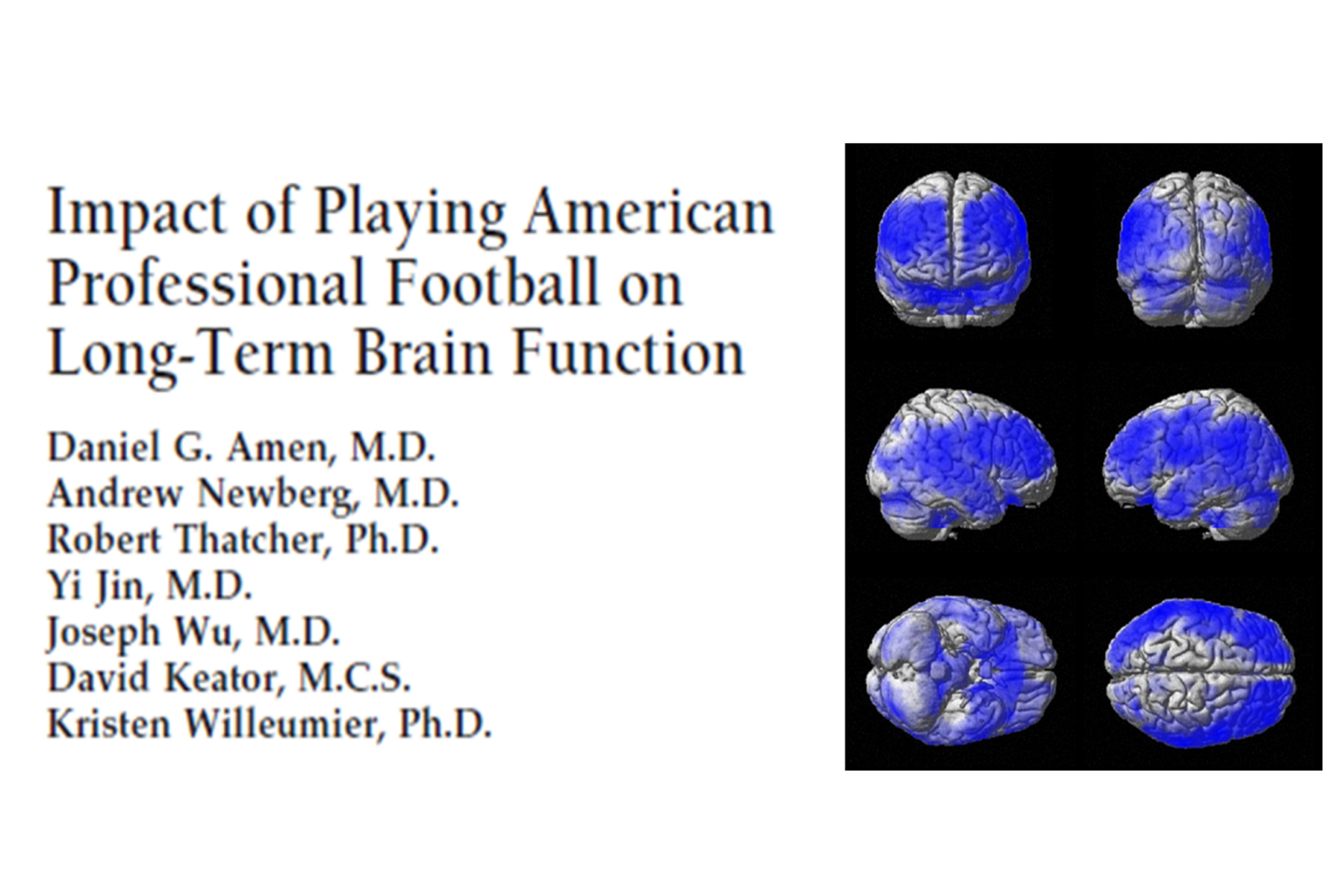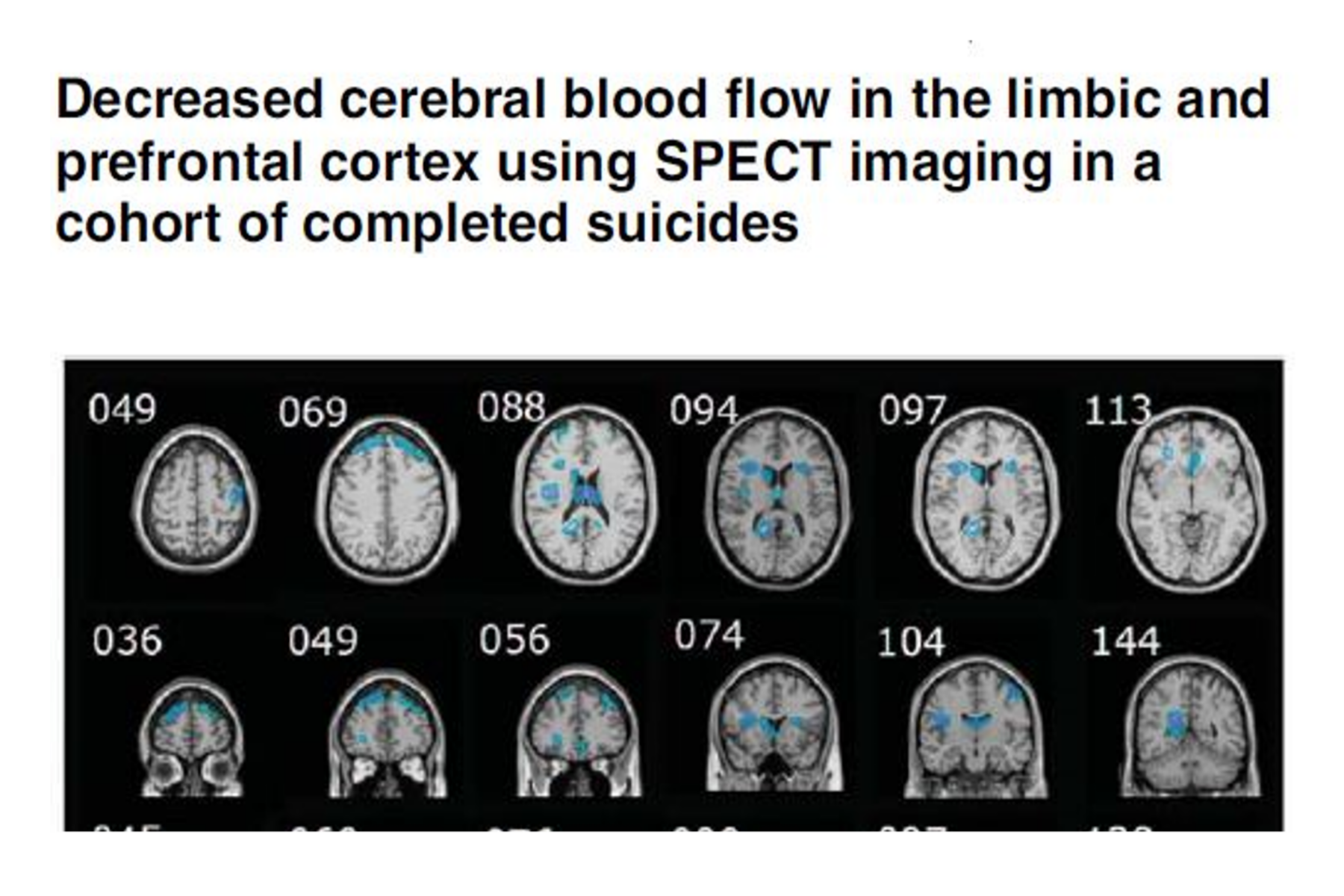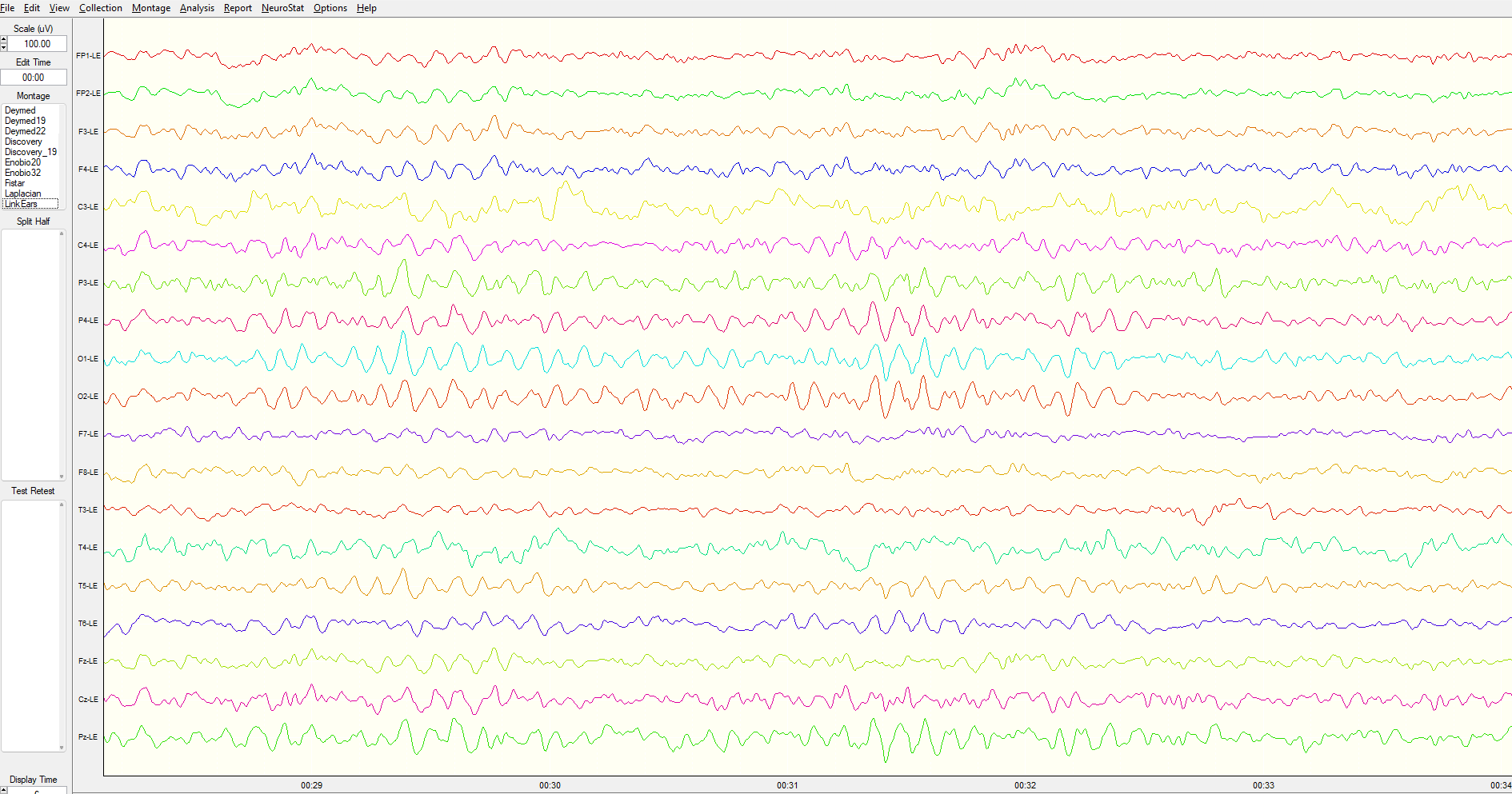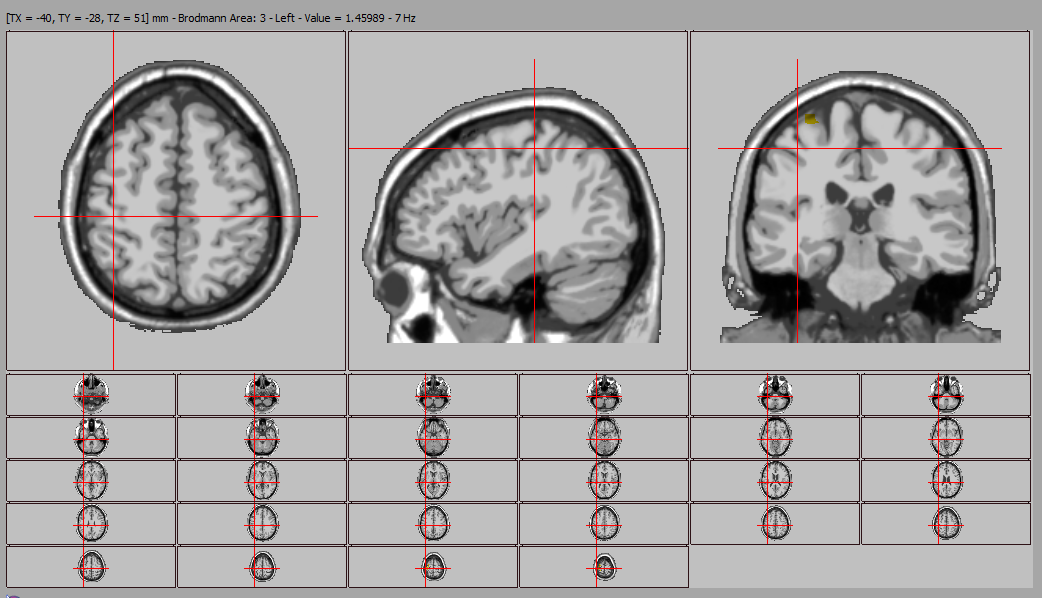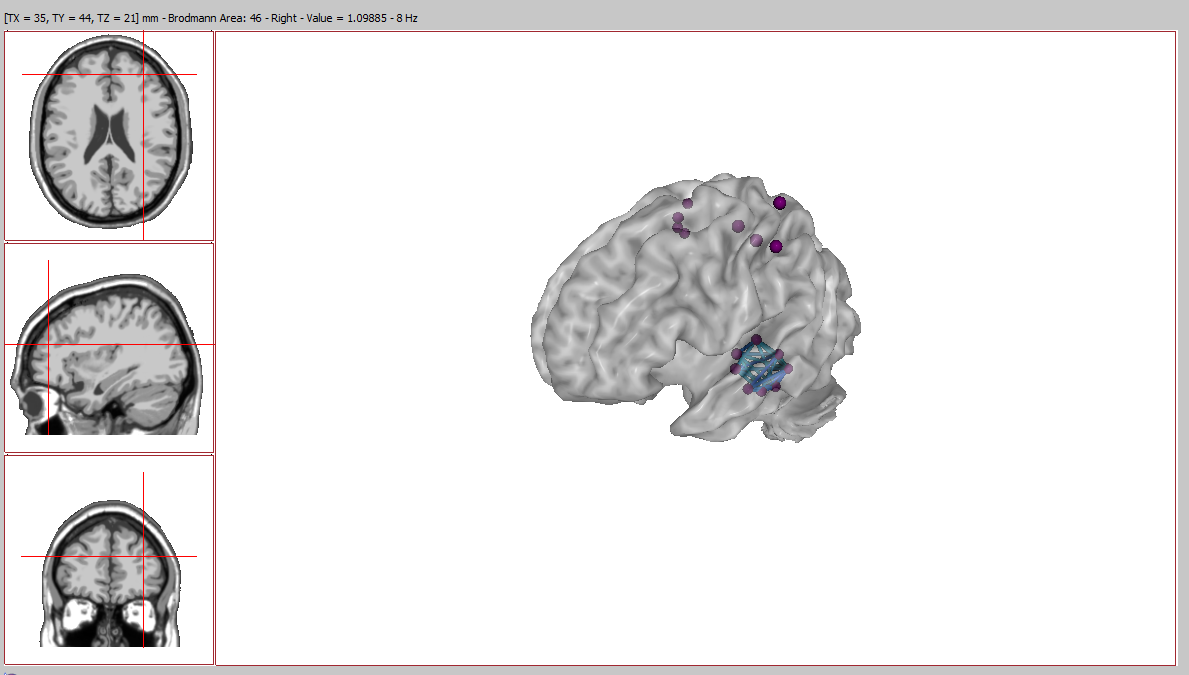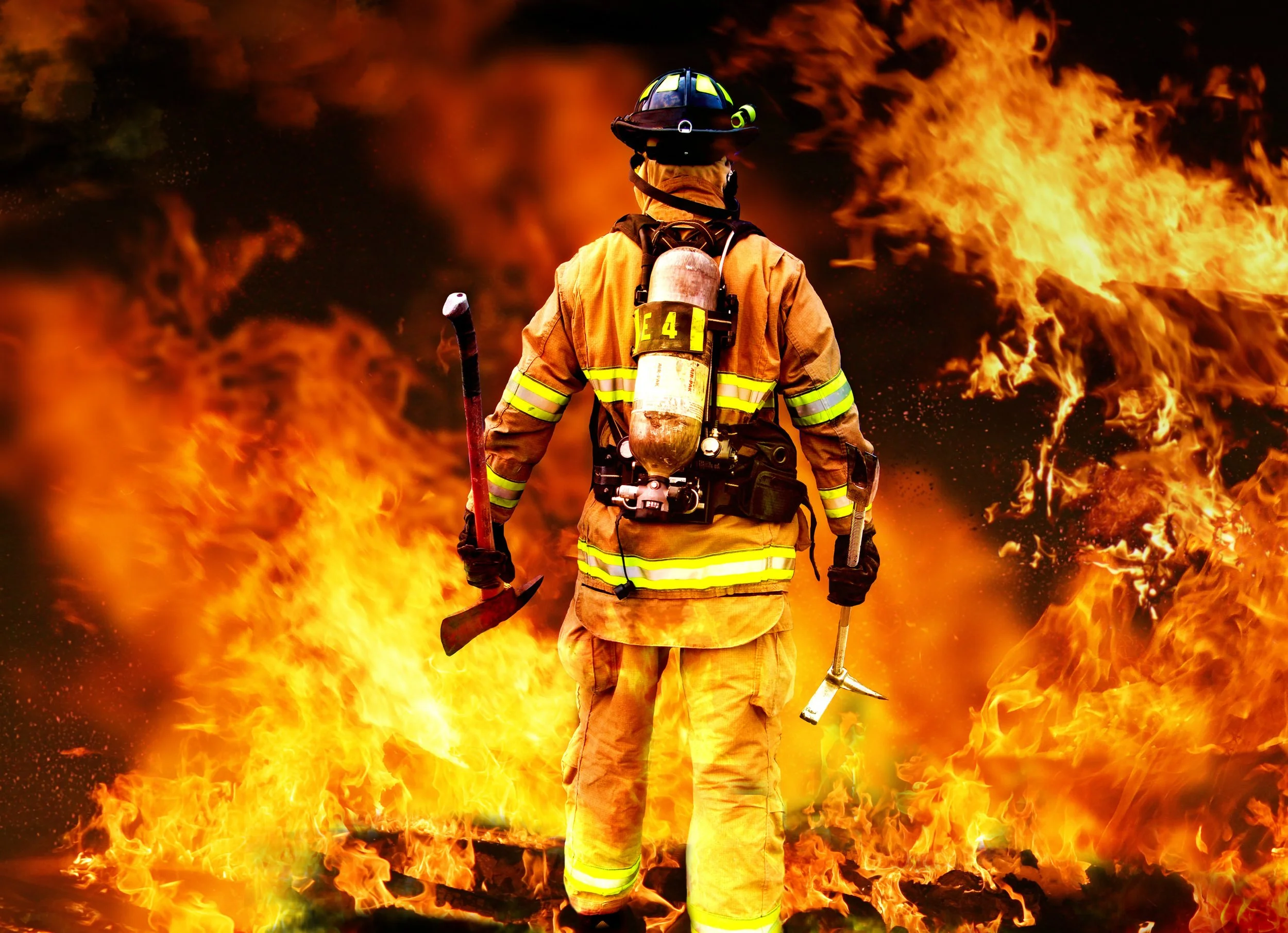Willeumier Center for Advanced Research in Neurotrauma & Brain Rehabilitation
Foundation Mission(s):
Serving the well-being of all through optimizing brain health and performance
Helping the greatest number of people with the most challenging neurological conditions
Neurotrauma describes injuries that involve the nerves, brain, or spine.
Physical Neurotrauma:
Physical neurotrauma describes head injuries such as traumatic brain injury or mild traumatic brain injuries such as a concussion. Exposure to repetitive neurotrauma occurs in athletes participating in certain contact/collision-based sports where impacts to the head are inherent in participating in the sport, including American football, soccer, rugby, and ice hockey, and has been causally associated with the degenerative brain disease chronic traumatic encephalopathy [CTE]. Neurotrauma occurs from getting hit on the head or skull and can happen if there's a sudden acceleration-deceleration event [i.e., motor vehicle accident, assault, domestic violence, falls]. These are physical injuries to the nervous system.
Psychological Neurotrauma:
Psychological neurotrauma is an "inner" injury where trauma imprints itself into our neurobiology, leading to dysregulation of brain networks involved in the regulation of our emotions, memories, and perception of fearful events. This trauma may manifest in intrusive memories, dreams or flashbacks, avoidance of reminders of the traumatic event, negative thoughts and feelings, or increased alertness or reactivity.
Neuroscience Research Center Mission
01.
To conduct prospective longitudinal studies in cohorts exposed to physical and psychological neurotrauma to study the long-term effects on cognitive health.
02.
To investigate the efficacy of innovative, cutting-edge technologies combined with evidence-based dietary and lifestyle strategies to restore and rehabilitate brain function.
03.
To provide greater awareness and education about the preservation and maintenance of brain health to reduce the risk of Alzheimer’s disease and neurological disorders.
Testimonials
Neuroimaging Research
Research Initiatives
The Willeumier Center for Advanced Research in Neurotrauma & Brain Rehabilitation is a 501(c)(3) non-profit organization established and named in honor of my father, Robert C. Willeumier. He graduated from Main South High School and Northwestern University, earning a bachelor’s degree in business with a minor in engineering. He was commissioned by the US Marine Corps in 1963 and proudly served his country as a Captain with the Ugly Angels Squadron HMM-362, providing lifesaving services flying Bell UH-1 Iroquois helicopters in heavy combat zones within the jungles of Vietnam [Ky Ha 65, Chu Lai RVN 66, USS Valley Forge LPH-8, USS Bennington, USS Princeton]. He was recruited by Pan American as a Captain and spent three decades flying the iconic Boeing 747s worldwide. Given his passion for helping others, he dedicated 30 years to the fire service as a volunteer firefighter, taking great pride in protecting the communities we lived in. In 1990-91, he served in Desert Shield/Desert Storm with the Black Nights Squadron HMM-264. He was also an avid horseman and attained great pleasure in riding for over four decades. In his mid-50s, he started showing subtle signs of Parkinson’s disease and eventually passed at the age of 78 with his cognitive health preserved but with progressed motor dysfunction. This organization is dedicated to conducting clinical research trials to support those who participate in sports or are in occupations that pose a greater risk of trauma, whether physical or psychological, and to identify novel solutions using advanced neuroimaging and emerging technology to restore, rehabilitate, and enhance brain function.
Origin Story
Board of Directors
-
Kristen Willeumier, PHD
PhD Neurobiology, Founder & CEO
-

RET. Chief Randy Brugeman
Ret. Fire Chief, Former President International Association of Fire Chiefs, CEO of The Leadership Crucible
-

Mike Howard
Chief-of-Station at the CIA, Chief Security Officer for Microsoft, Oakland Police Officer, CEO of Ronin Leadership
-

Emmanuel Acho, MA
MA Sports Psychology, NFL linebacker, Emmy award winning co-host of Speak for Yourself and Fox Sports Analyst
-

Dean Kilby
Founder & Director of Simplr Health Group, Biomedical Scientist
-

Naomi Bagdonas
Executive Advisor, Stanford Graduate Business School Lecturer, Author
-

Derek Taylor
Director of Scientific Computing, UCI Translational Neuroscience Laboratory, Biostatistician, Database Administrator
-

Jennifer Aaker, PhD
General Atlantic Professor, Stanford Graduate School of Business, Behavioral Scientist, Author
-

Claudia von Boeselager
BBs., MSc., Dipl.-Kffr., Diplôme de Grande École
Serial Entrepreneur & Investor in Health, Biotech & AI, Founder of Longevity & Lifestyle, Co-Founder of LUMARA Collective
Youth Board of Directors
-

Viana Najafi
Director of Outreach for the Southern California Youth Neuroscience Association, part of UCI’s Center for the Neurobiology of Learning and Memory
-

Sara Schumacher, MS
MS in General Psychology, BS in Psychology with an emphasis in Sports & Performance Psychology, Collegiate-level Swimmer with 3 regional team titles and Assistant Swim Coach
-
Jonah Krane, BA
BA in Psychology, Valedictorian at Westmark High School, Varsity Basketball Player, Currently applying to graduate school to attain a BS in Sports Psychology
Get in Touch
If you would like to make a contribution to support our brain health education and awareness campaigns, our upcoming clinical research trials in individuals exposed to neurotrauma, to assist in procuring state-of-the-art imaging equipment for our research efforts, or to make a donation in support of an evaluation and treatment for individuals in need, please contact Dr. Willeumier directly at kristen@willeumierneurosciencecenter.org or complete the contact form.







